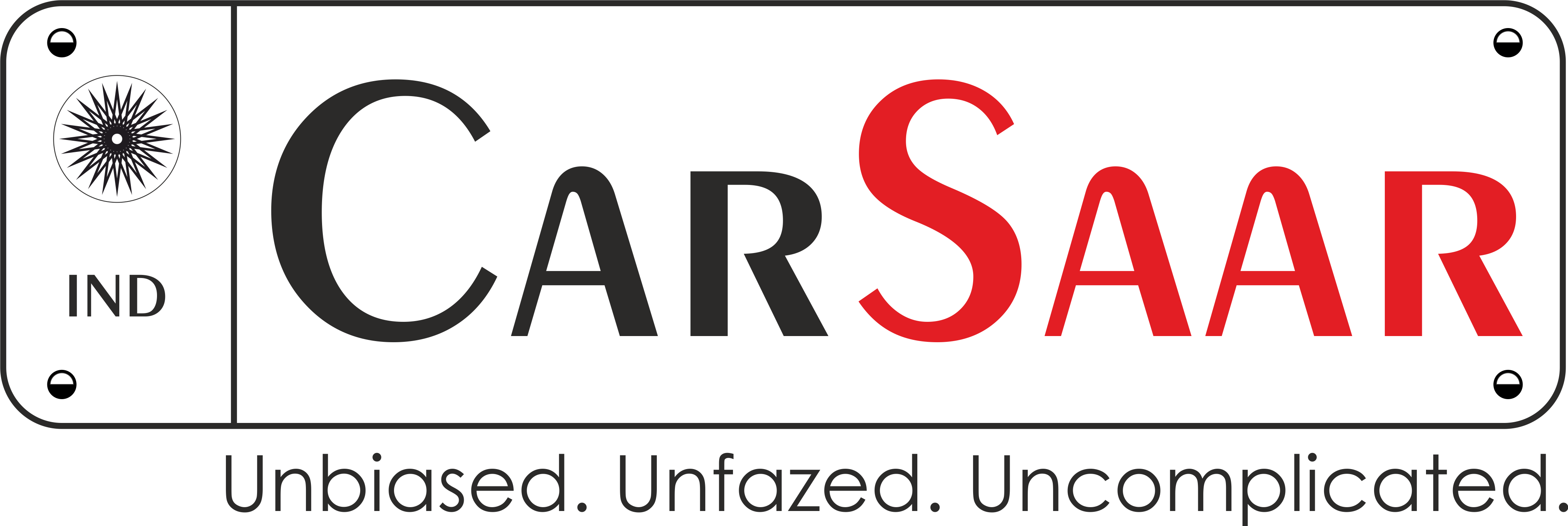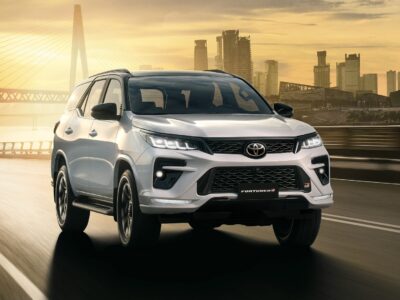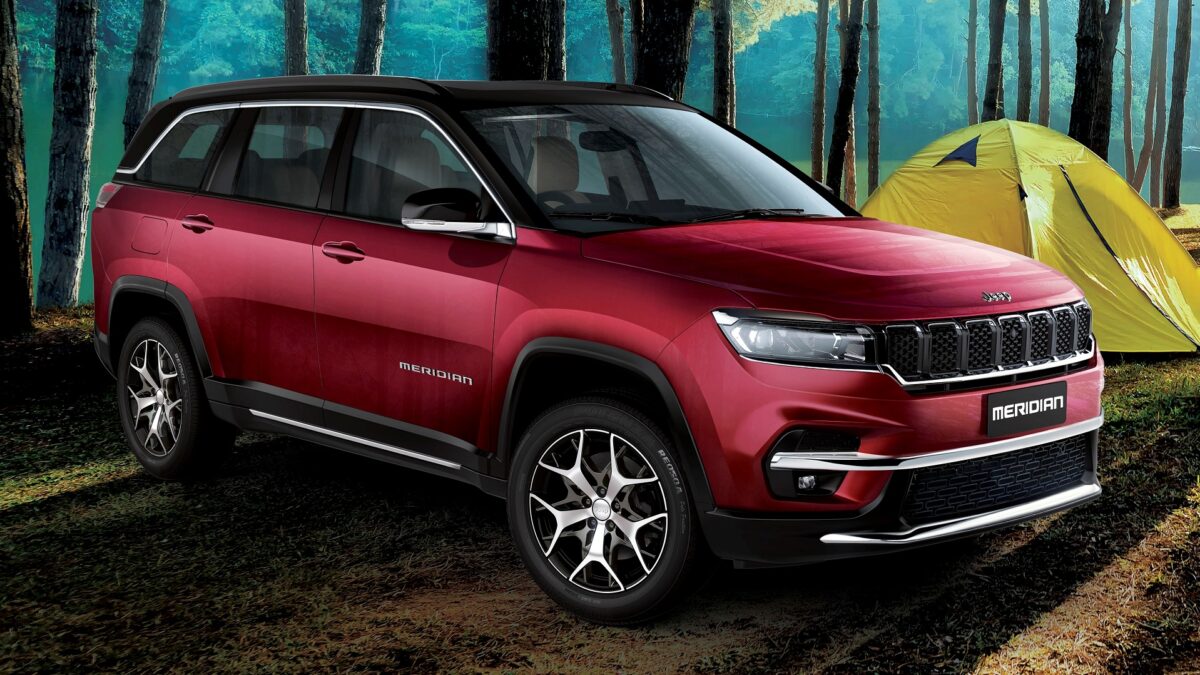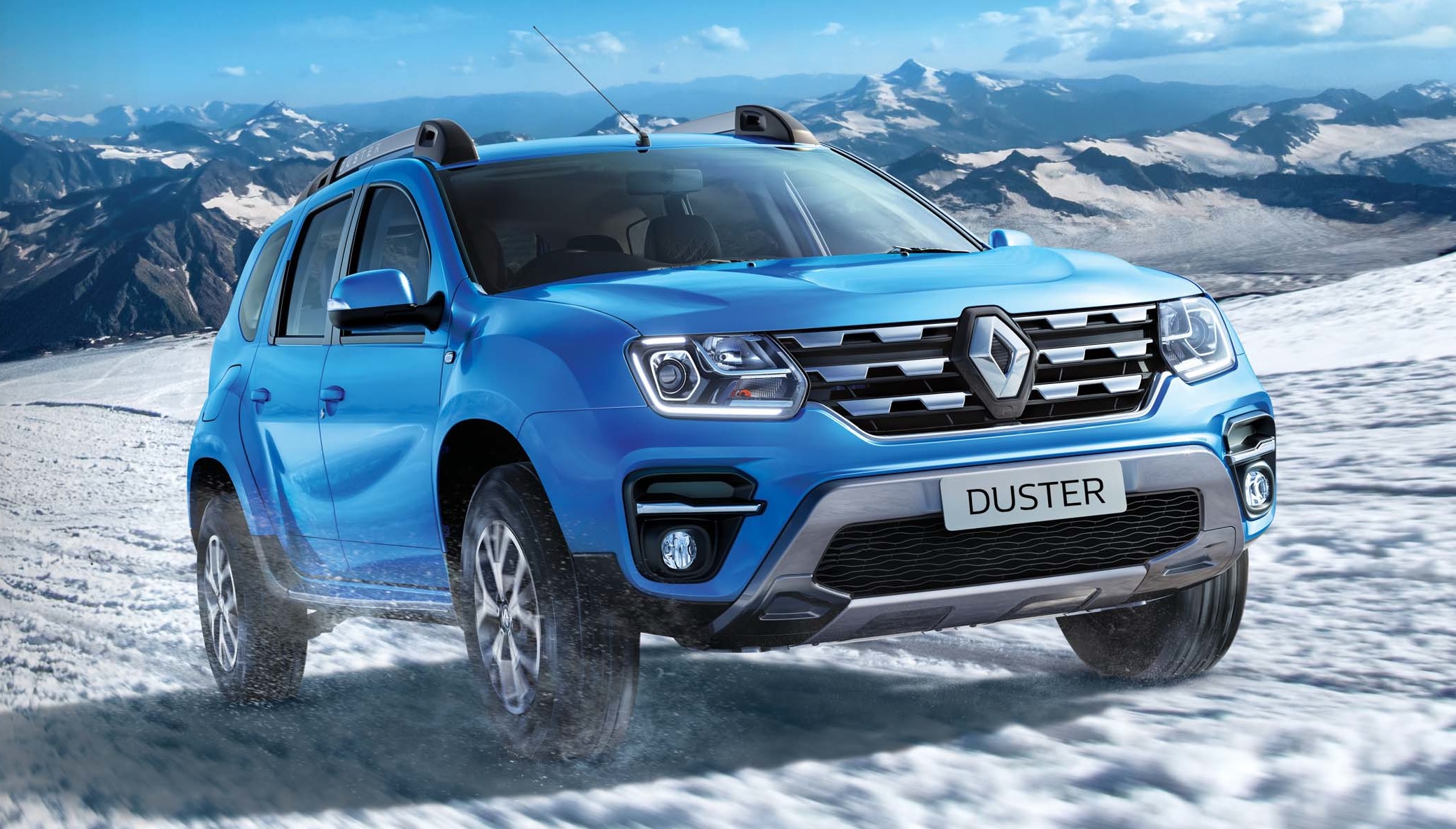Saar: In November 2006, the Japanese duo entered an agreement which focused on jointly developing and producing diesel engines and providing mutual technical assistance among others areas of the collaboration.
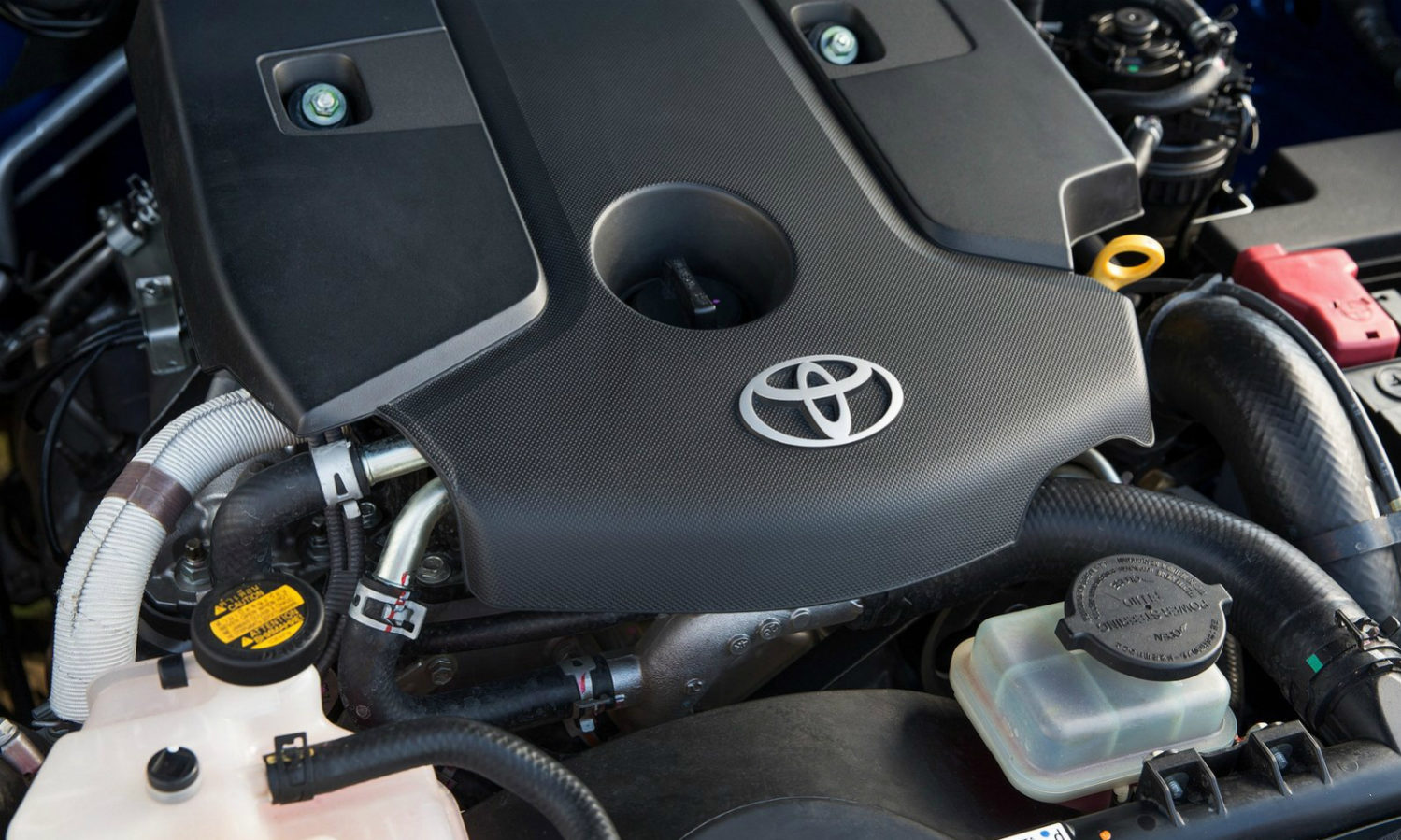
Toyota Motors Corporation and Isuzu Motors Limited have jointly announced that they will end their nearly 12-year old capital tie-up, with the former planning to sell its entire stake in the latter in the near future. In November of 2006, the Japanese duo signed a MoU (Memorandum of Understanding) to mutually utilise their management resources in the fields of research & development (R&D) and to supplement each other’s technological development. The agreement was focused on three main areas:
- R&D and production of small diesel engines
- R&D of emission-control technologies and devices for diesel engines
- Work on the basic engine and other technologies related to alternative fuels
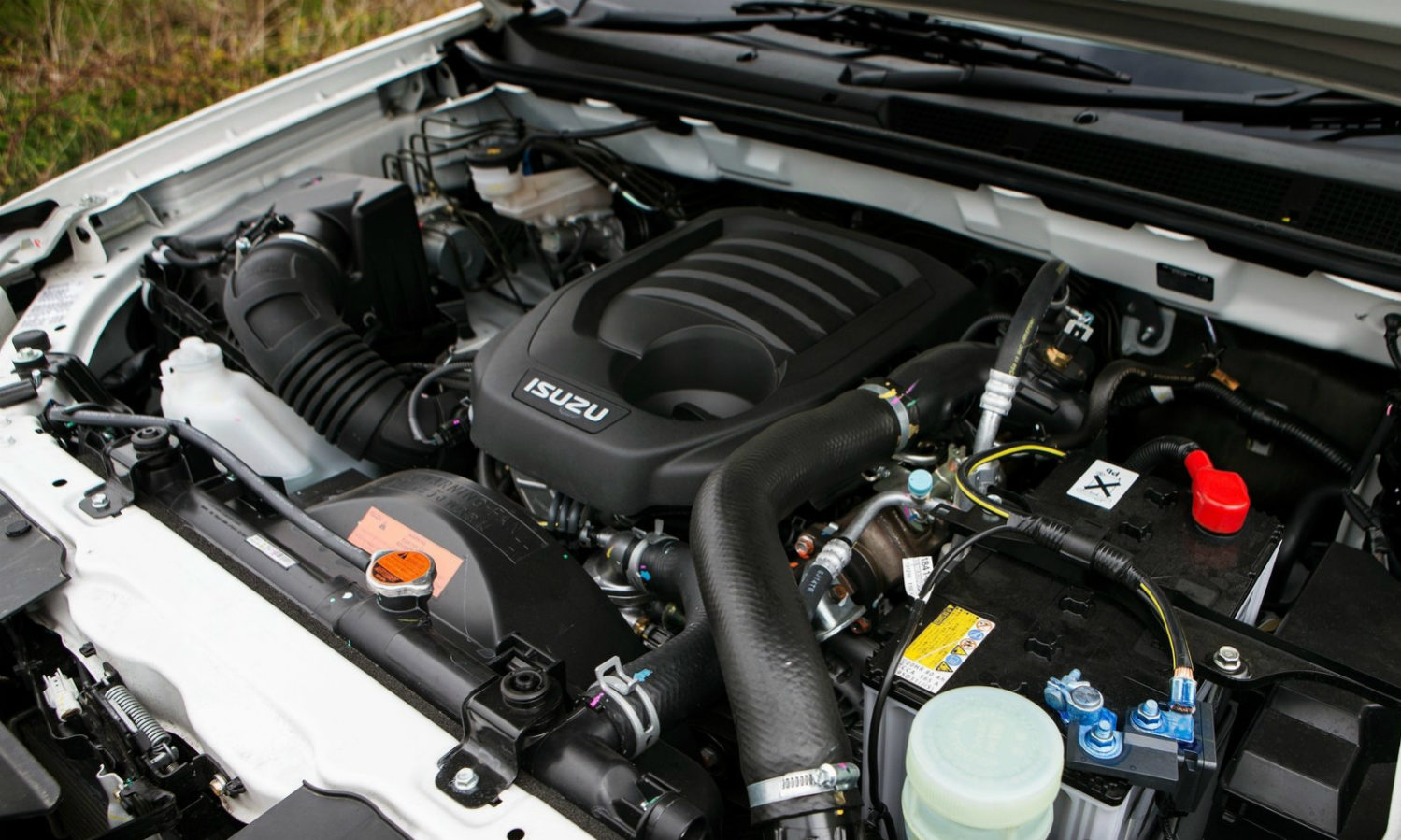
Isuzu was assigned to lead the first two pointers, while Toyota took charge of the third one. As part of the agreement, Toyota also purchased 50 million (5.9 per cent) shares in Isuzu. Less than a year later, the duo signed yet another agreement to develop, produce and supply a small diesel engine (1.6-litres), meant only for the European market. The production of the engine began in 2012.
The duo agrees that over the years they have seen little progress in all their collaborative efforts and that they will “re-examine the capital relationship based on the current business situation”. That said, both companies will maintain a strong relationship, through ongoing joint development projects revolving around basic technologies and the like.
Toyota Might Introduce Hydrogen Fuel-Cell-Powered Mirai In India
The future of diesel is in serious doubt. With the consumers becoming more inclined towards eco-friendly ways of transportation and countries implementing stringent emission norms, the entire automotive industry is going through a transformation period. We now have hybrids, FCEVs (Fuel-Cell Electric Vehicles), pure EVs and PHEVs (Plug-in Hybrid Electric Vehicles) running the show, all of which produce way less harmful emissions that old-school diesel engines.

